
Henry Chips Channon
THE DIARIES: 194357
Edited by Simon Heffer

Contents
About the Author
Sir Henry (Chips) Channon was born in Chicago in 1897. The son of a wealthy businessman, he accompanied the American Red Cross to Paris in 1917, was an undergraduate at Christ Church, Oxford, and then settled in London where he mingled with society and enjoyed the high life. He married into the Guinness family, and became a Conservative MP for Southend from 1935 until his death.
In memoriam
 Paul Channon, 19352007
Paul Channon, 19352007 Henry Channon, 19702021
Henry Channon, 19702021Foreword
As I read the last line of this final volume of my grandfathers diaries, I felt proud that we had fulfilled my fathers ambition of publishing them unexpurgated. I also felt sad, because I did not want the extraordinary journey to end.
I have experienced similarly conflicting emotions about the diaries themselves. Chips was no saint and there are things I have learnt about him that I rather wish I hadnt.
At the same time, I have loved reading the historical content of these diaries and about Chipss adoration for my father, about his generosity and kindness to his friends, and about the huge amount of fun he had; and I am constantly reminded of the words his close friend Lady Diana Cooper wrote of him after his death: He made the old and tired, young and strong, shine beneath his thousand lighted candles. Without stint he gave of his riches and of his compassion.
It is important to acknowledge, as I have done in the previous volumes, that these diaries reflect the attitudes of the time in which they were written, and contain language and opinions that are now, quite rightly, considered to be outdated and offensive. Chips also makes critical or disparaging comments and disclosures about the parents and relatives of family and friends. I want to make it clear that such material has been retained solely to ensure the integrity of the diaries, and that its inclusion does not mean that I in any way condone it, or wish to cause embarrassment or offence.
I would like again to acknowledge and thank Robin Howard, who was the person who encouraged my brother, Henry, and me to publish the diaries and who then went on to give us invaluable help and advice. I would also like to thank Georgina Capel, our literary agent; Nigel Wilcockson, publishing director at our publishers, Penguin Random House; and Hugo Vickers all provided help and advice throughout.
However, the person to whom I owe the deepest debt of gratitude is the editor of the diaries, Simon Heffer, who has been outstanding in every way. It has been a great privilege and pleasure working with him.
I would like, in addition, to acknowledge the important work done by Helen Howard in preparing copies of the manuscripts and helping to check their transcription, and I would like to offer my thanks to the transcribers who worked on this volume: Peig Van Amerongen, Consuela Barker, Fergus Burnand, Alex Colville, Domenica Dunne, Rory Fraser, Sibylla Phipps and Luke Regan.
All three volumes have had the benefit of the assistance and professionalism of Rod Lord, who undertook the scanning and preparation for printing of the various family photographs included; of Stephanie Heathcote and Amy Musgrave, who designed the jackets; and of Isabelle Ralphs, our publicist. I offer my thanks to all of them.
It is a great tragedy and a huge sadness that my brother, Henry, did not live to see this last volume published. He died in October 2021 and I would like to dedicate this volume to him and to my father Paul. As Lady Diana Cooper said of Chips, These poor lines record my tears, and the sorrow of many whose lives from now on will be lonelier.
Georgia Fanshawe
Editors Introduction
This third and final volume of the diaries of Sir Henry Chips Channon picks up the narrative in late July 1943, just after the fall of Mussolini, and continues until early 1957, when Channons health began to deteriorate and he appears to have stopped keeping a record of a life that had become less social and, increasingly, more a question of day-to-day survival in its last eighteen months.
Until then, as readers familiar with the first two volumes will have come to expect, the diarist gives detailed accounts of his life in all its aspects, as well as providing commentary on the lives of the people with whom he comes into contact a mixture of people from high society, politics and the arts. Channon remained a Member of Parliament until his death, though out of the racket as he puts it that is, no longer with a position at the lower end of government as a parliamentary private secretary. However, he was still assiduous in his visits to his constituency at Southend-on-Sea in Essex and in his attendance in the Commons, if as always a rare and reluctant speaker. He recounts the end of the war and the arrival of a Labour government; he had by then become perhaps a less sectarian figure than previously, when he seemed to choose political friends only from his own Chamberlainite faction of the Conservative Party, in that he began to befriend some Labour MPs inevitably, the more colourful and entertaining ones. One of the people he seems to find it hard to be positive about is Churchill, a sentiment that, ironically, he shared with a majority of the British electorate in 1945.
His life changes in three significant ways during the early years of this volume. First, he meets and falls in love with Terence Rattigan, who at the time was on his way to cementing his position as Britains leading playwright. They have a tempestuous relationship, not least, as Channon tells the story, because of Rattigans drinking and his interest in other men. Through him Channon meets a whole new circle of friends in the theatrical world, and some of the leading figures in that world from the late 1940s are portrayed through his pen: a number of them became film stars as well.
Second, there is tension between Channon and the other man in his life, Peter Coats, whose burgeoning relationship with the diarist had begun in 1939. While Coats is in India as chief of staff to the Viceroy, Lord Wavell, Channons relationship with Rattigan is taking off. There is a gap in the diaries in 1946 when Coats has returned and Channon has to make a decision about where his private life is going. It was manifestly a time of immense tension, which usually in Channons life seems to have meant he could not bear to keep a diary although there is also the possibility, given this was a painful time in Coatss life too, that he may on his own initiative have destroyed the diaries for those months. Coats then unwittingly or perhaps wittingly plays the role of the philanderers wife; Channon goes on to commit a form of adultery before eventually putting Rattigan at a distance. However, he is soon pursuing other men, even in the early 1950s when his colleague Sir David Maxwell-Fyfe, the Home Secretary, was ordering the Metropolitan Police to seek out and arrest men engaging in homosexual activities. One of those caught was John Gielgud, one of the many new theatrical friends that Channon makes in the course of this volume through his relationship with Rattigan.
Next page
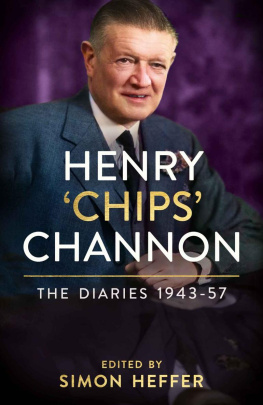
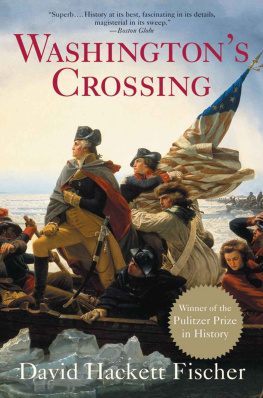

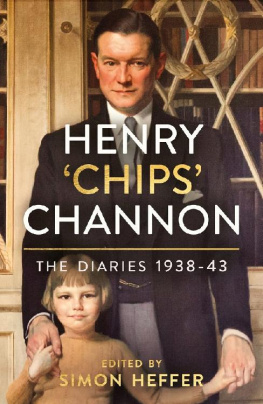
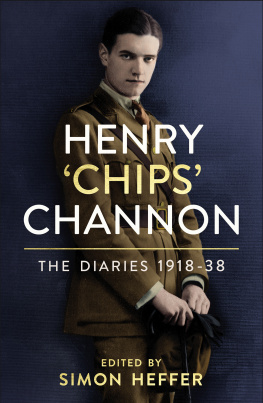
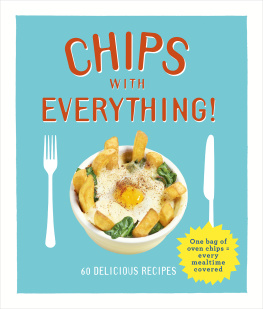
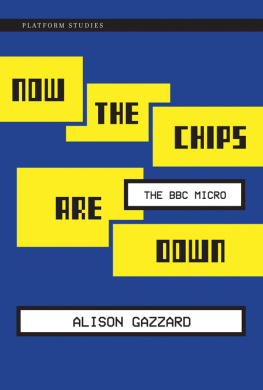
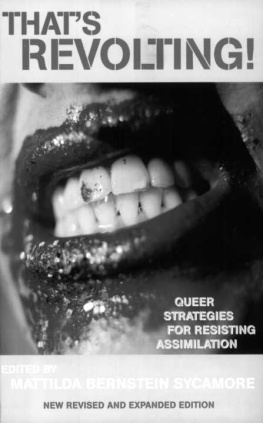
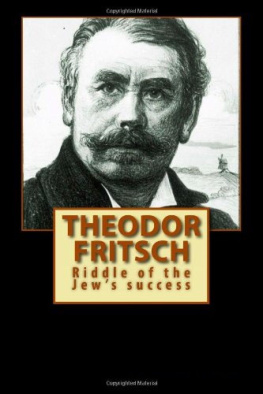
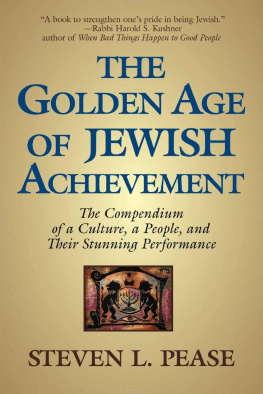
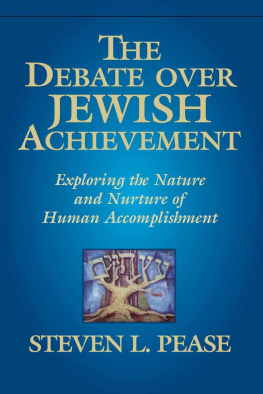
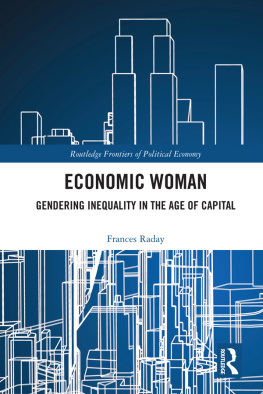



 Paul Channon, 19352007
Paul Channon, 19352007 Henry Channon, 19702021
Henry Channon, 19702021